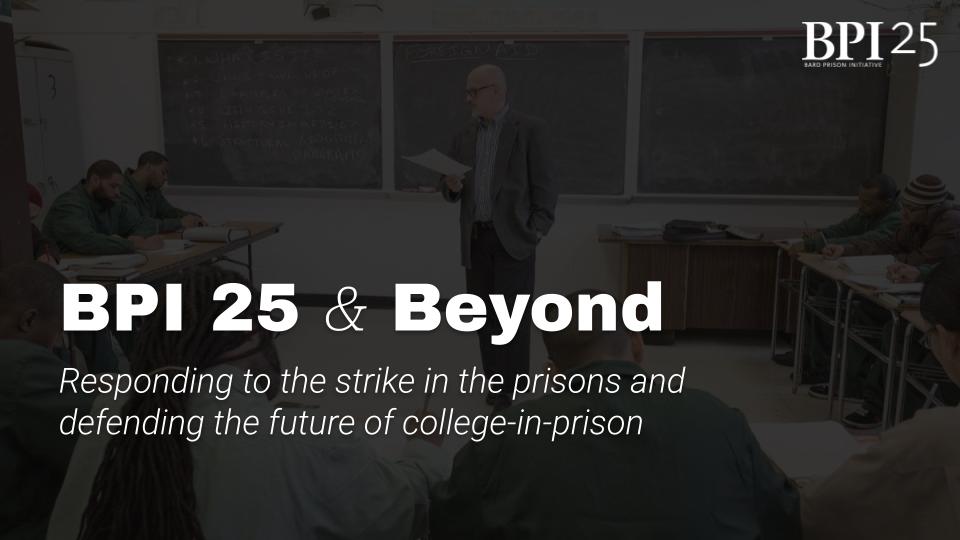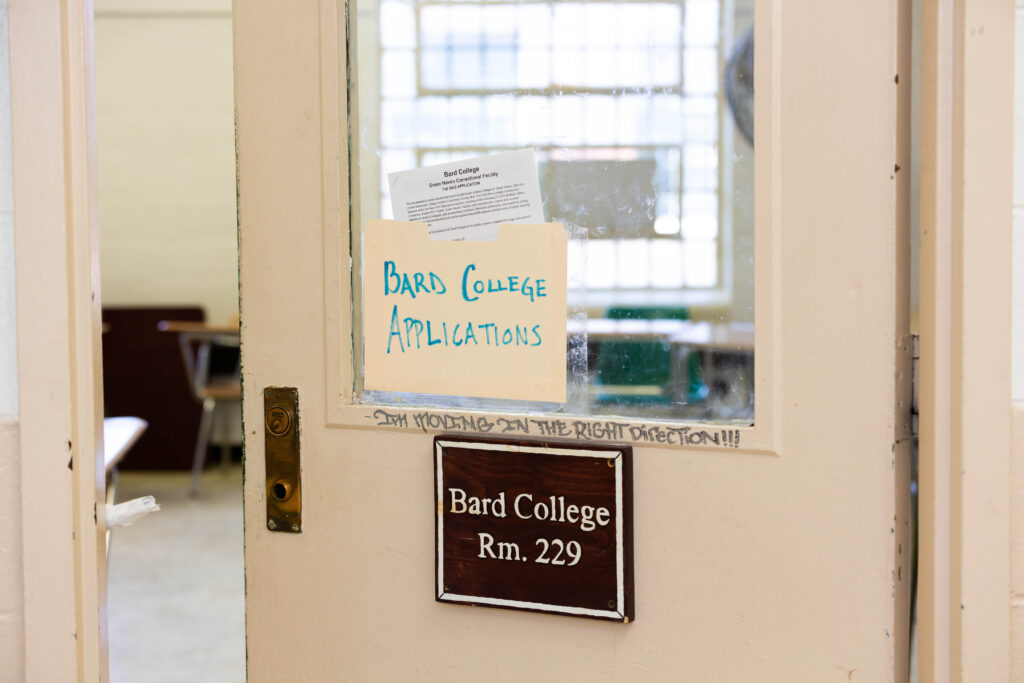The main business of Napanoch, N.Y., is a maximum-security prison, Eastern New York Correctional Facility, also known as Happy Nap. The population of Eastern, 1,250 men, many from New York City, is about the same as that of Napanoch itself. Imposing in a hideous kind of way, the prison, built at the end of the 19th century, is modeled after a medieval fortress, with towers and turrets and a pyramid roof. The overall effect — stony pomposity framed by lush green hills — is rather Germanic.
There is nothing particularly happy about Napanoch, situated on the raffish edges of the Catskills about 70 miles north of Manhattan; its better days as an affordable resort area for New York and New Jersey Jews have long gone. There are a few motels nearby with cracked signs that read Starlite and Eldorado; a diner; a Jewish cemetery; and a “colony farm,” where the original inmates of Eastern, mentally impaired delinquents, were put to work in the early decades of the 20th century.
There is, however, a reason that inmates call the prison Happy Nap. Eastern is more relaxed than other maximum-security prisons, or “maxes,” in upstate New York, with less hostility between staff and prisoners, and as a result fewer U.I.’s, or “unusual incidents” — stabbings and the like. It is said that the farther upstate you go, the harsher the prison conditions can be. Among New York’s maxes, Eastern has one of the best reputations. It is one of only three maximum-security prisons in the state where you can still get an education — not just in manual skills, but a proper college education with a degree at the end, thanks to privately financed initiatives.
One person to have benefited from such an education is Mika’il DeVeaux, a slim, 48-year-old black man who served 25 years for murder. DeVeaux studied theology at Sing Sing and got an M.A. in sociology. After he was released in October 2003, he founded an organization in New York with his wife called Citizens Against Recidivism. DeVeaux likes to point out how much prison education reduces the chances of ex-convicts falling back through the revolving door of crime and imprisonment. That’s why, according to DeVeaux, “Eastern is the place to be.”



